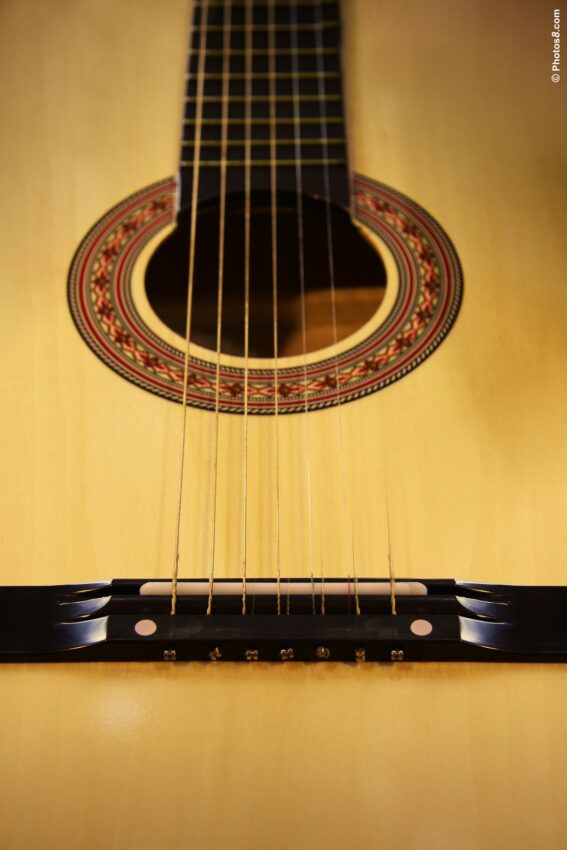Spanish Harlem Orchestra celebrates Grammys

NEW YORK (AP) — When Spanish Harlem Orchestra snagged its second Grammy award, it was a victory for the old school salsa sound over tough competition from Latin music’s new guard.
Bandleader Oscar Hernandez — who has worked with such salsa greats as Ray Barretto and Cuban singer Celia Cruz — said Monday that the win venerates the traditional “salsa dura” sound that for years has taken a back seat to the more commercial “salsa romantica.”
“The music speaks for itself,” Hernandez said by telephone from Los Angeles. “It’s high energy and high quality … Some people consider it old guard or a museum piece. But other people relish it and see the beauty of it.”
The album’s name “Viva la Tradicion,” says it all. By winning the best Latin tropical album category, it knocked out such heavyweights as Puerto Rico’s El Gran Combo, Gilberto Santa Rosa and Dominican merengue star Juan Luis Guerra — who won album of the year at the Latin Grammys in November.
“I’m sure a lot of people will take notice and say ‘Who are these guys?’ We’ve built our fan base little by little, hopefully this will help it grow even more,” said the 56-year-old Hernandez.
Actually, the decade-old New York-based band has had quite a run at the Grammys: Each of its four studio album have earned a Grammy nomination.
In 2005, the Spanish Harlem Orchestra beat out salsa superstar Marc Anthony to win what then best salsa/merengue album for “Across 110th Street,” which included guest spots by Rueben Blades.
The 13-member band specializes in a hard-driving brand of salsa that reigned in the 1960s and ’70s, but has since been displaced by crooners who sing a softer brand of salsa.
When Cruz and Tito Puente died, Hernandez said the big Latin radio stations had to rush out and buy their music so they could play it, because they didn’t own copies of the old records anymore.
“I hope this could be an impetus to keep this kind of music alive,” said Hernandez. “The salsa on commercial radio is not good music, it’s not representative of what this music is. It’s been forgotten over the last 15 years, and people have been latching on to reggaeton and pop salsa. It’s an uphill struggle.”